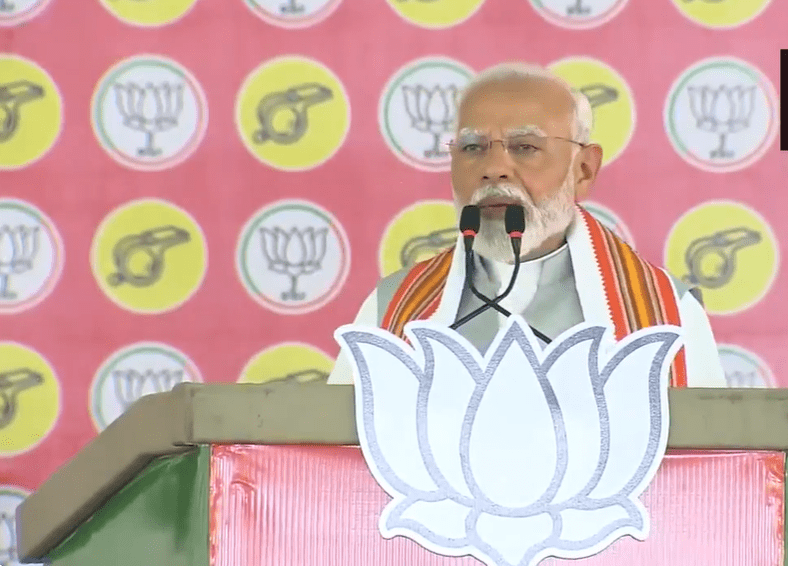Prime Minister Narendra Modi, in a public meeting in Parbhani, Maharashtra, offered a retrospective on the evolution of India’s national security over the last decade.
Modi took the audience back to 2014, his first time contesting the Lok Sabha elections. He recalled, “The topics of discussion were quite different then.” The nation was in a state of constant apprehension due to regular reports of terrorist attacks and bomb blasts. These incidents were the mainstay of news headlines and television debates.
However, by 2019, the narrative had changed dramatically. The fear of cross-border attacks had been replaced by discussions of surgical strikes. The phrase ‘Yeh toh Modi hai ghar mein ghus kar marega’ (This is Modi, he will strike in their own house) had become a symbol of India’s newfound assertiveness in dealing with threats to its national security.
This shift, as highlighted by the Prime Minister, marks a significant change in India’s stance on national security. From a defensive posture in the face of cross-border terrorism, the country has moved towards a proactive strategy, characterized by surgical strikes and a strong resolve to protect its sovereignty.
The change in discourse is a testament to the government’s commitment to safeguarding the nation and its citizens. It also serves as a powerful reminder of India’s journey from a nation grappling with the fear of terrorism to a country that stands strong and unyielding in the face of threats to its sovereignty.



